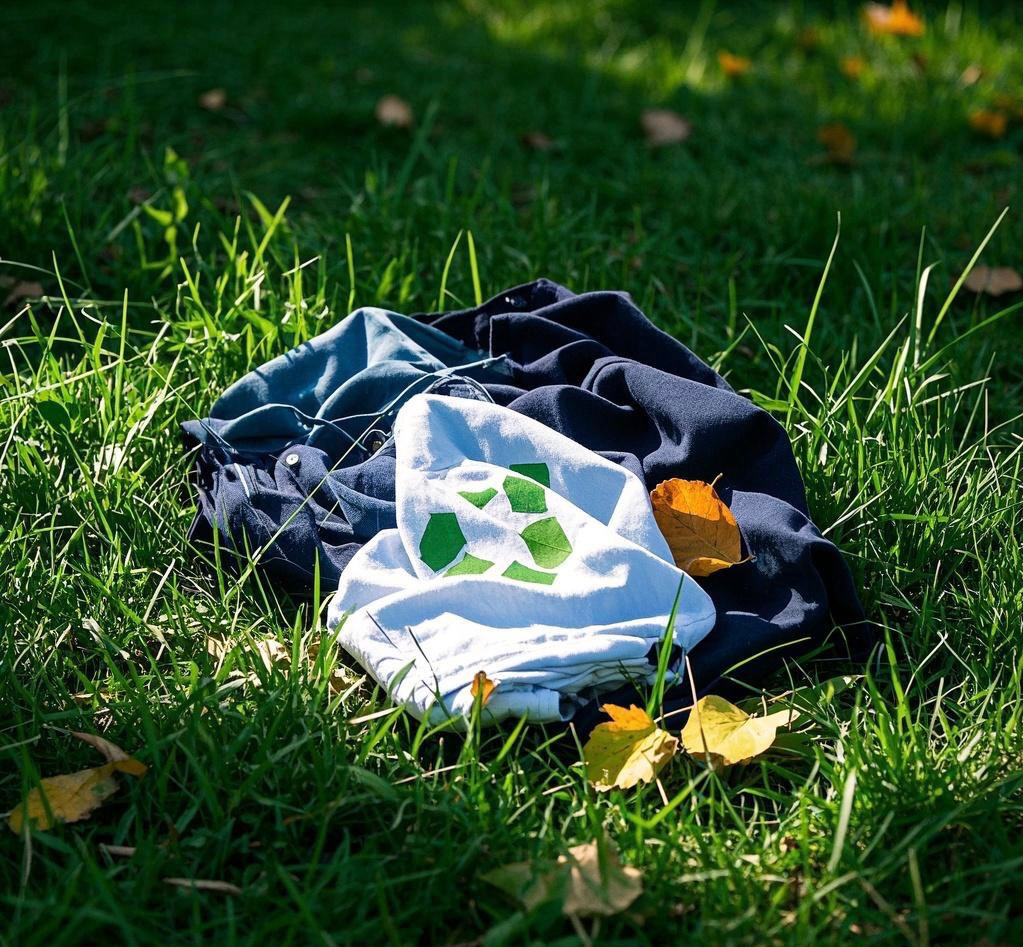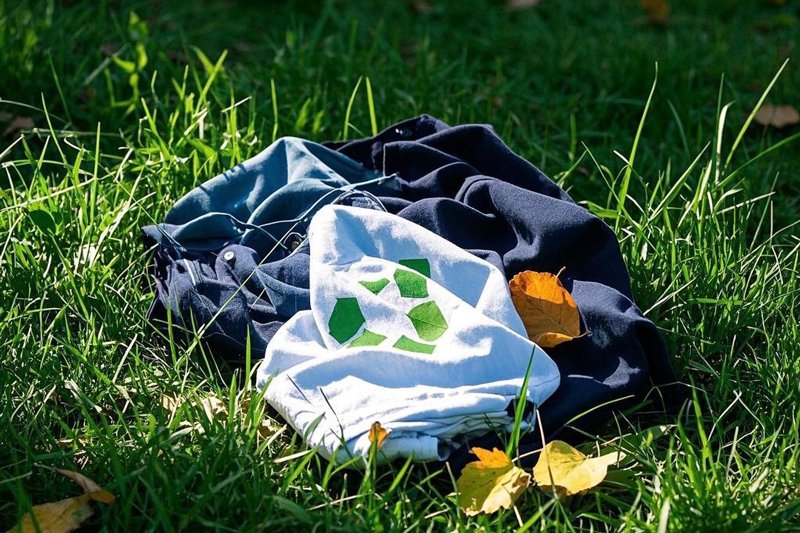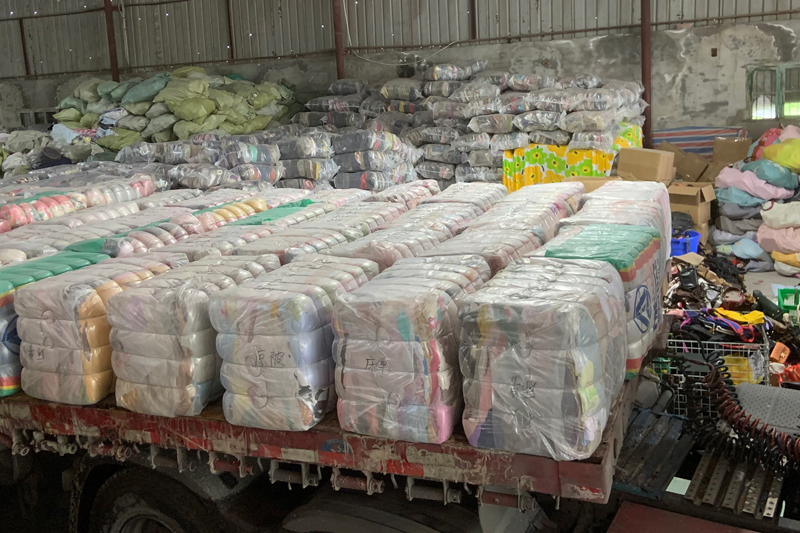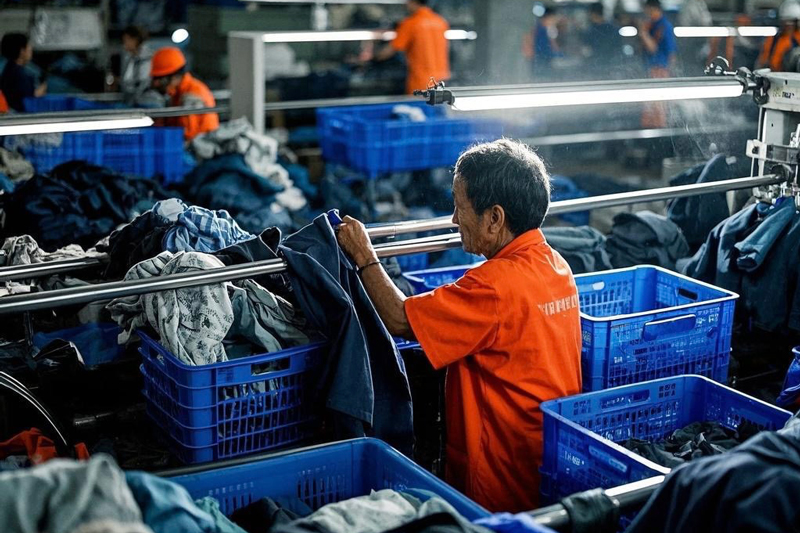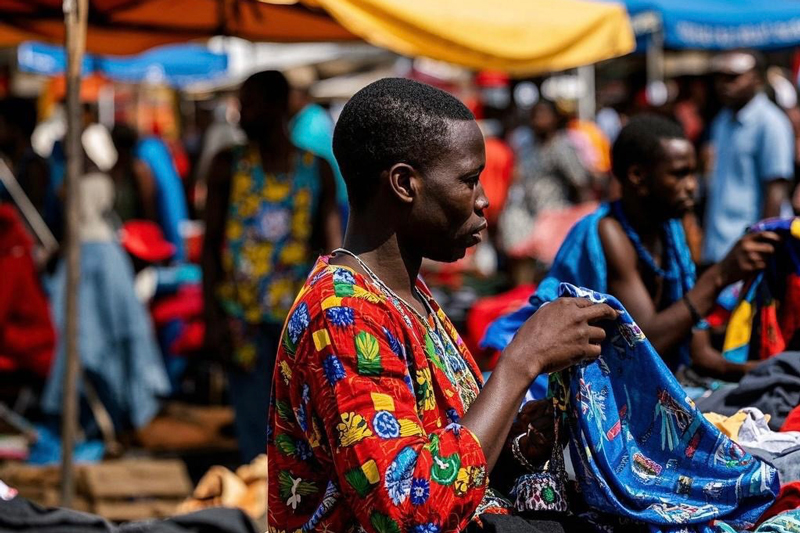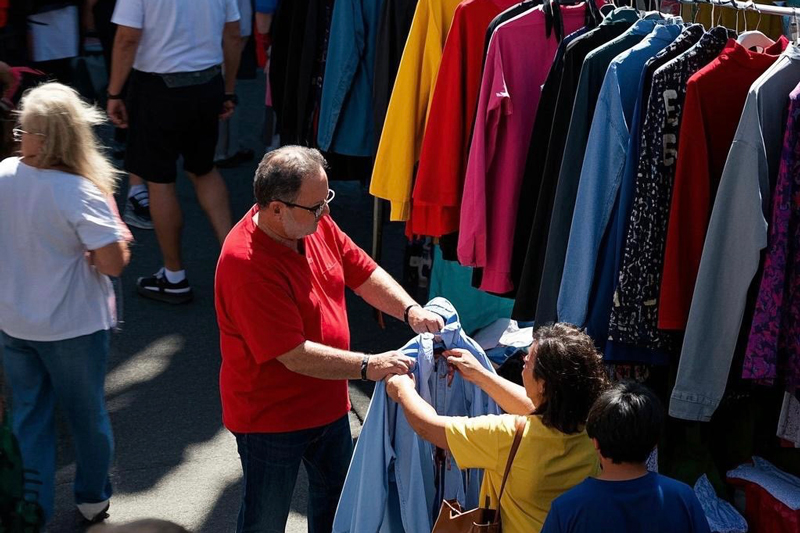Second hand clothing industry plays an important role in sustainability
With the growing global awareness of sustainability and environmental protection, the second-hand clothing industry is becoming a new hot spot in the fashion industry. Used clothing not only reduces the burden on the environment, but also promotes a circular economy, making it a sustainable part of the fashion industry.
In this era of increasing emphasis on environmental protection, the second-hand clothing industry is growing rapidly. More and more consumers are choosing to buy second-hand clothes as a way to reduce their impact on the environment. At the same time, some well-known fashion brands have also begun to support the second-hand clothing market by launching this service through second-hand trading platforms or their own second-hand stores.
The growth of the second-hand clothing industry is not only good for the environment, but also creates jobs for the community. Many second-hand clothing stores and platforms provide affordable shopping options for people in the community, while also helping those in need. Additionally, by trading used clothing, people can extend the life of their garments, reducing the need for new raw materials and therefore the burden on the environment.
The sustainability of the secondhand clothing industry is crucial to the fashion industry as a whole. By promoting the use and trade of second-hand clothing, we are able to make a positive contribution to environmental protection, as well as bring new opportunities for social and economic development. We believe that as the second-hand clothing industry continues to grow, its importance in sustainable development will become more and more significant.
The flourishing of the second-hand market has effectively reduced the waste of resources. A large number of items that still have useful value, such as clothing, electronics, furniture, etc., are reused through second-hand transactions, extending the life cycle of products and avoiding premature waste.
In terms of reducing energy consumption, the secondary market also contributes significantly. The production of new products requires a lot of energy and raw materials, and second-hand trading directly reduces the demand for new product manufacturing, reducing energy consumption from the source, helping to alleviate environmental pressure.
In addition, the second-hand market also promotes economic development and employment. It covers procurement, sales, logistics and other links, creating many jobs and promoting economic recycling.
